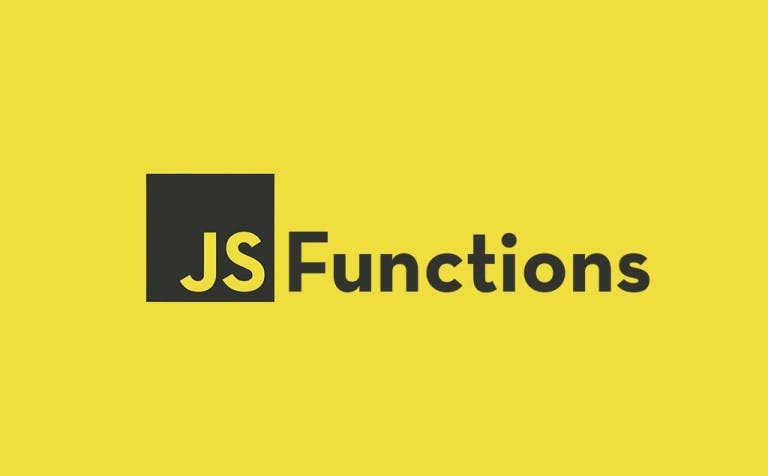Different ways to declare function in JavaScript.

A function is a block of organized, reusable code that is used to perform a single, related action .
In JavaScript , we can declare a function in different ways :
1. Using function keyword followed by function name
// example 1
function sum(a, b) { // function declaration
return a+b ;
}
// In console
> sum(2,3) // function call
< 5 ##
// example 2
function foo() { // foo() function declaration
const bar = 'hash node !' ;
return bar ;
}
// In console
> foo() // foo function call
< "hash node !"
2. function expression
const sum = function(a,b) {
return a+b ;
} ; // end with ';' , shows it is an expression
// In console
> sum(2,4)
< 6
const bar = function() {
return 'hash node !' ;
} ;
// In console
> bar()
< "hash node !"
The function above is called an anonymous function (a function without a name)
Functions stored in variables do not need function names. They are always invoked (called) using the variable name. The function above ends with a semicolon because it is a part of an executable statement.
3. Arrow function
// a and b are parameters
multiply = (a,b) => { return a*b ;}
// In console
> multiply(2,3)
< 6
// we can remove parenthesis and return keyword
multiply = (a,b)=>a*b ;
// In console
> multiply(2, 3)
< 6
// if we have single parameter
print_name = name => { return name ;}
// In console
> print_name('foo bar')
< "foo bar"
// no parameter
fun = () => {
const foo = 'foo';
return `this is ${foo}`; // template literal
}
// In console
> fun()
< "this is foo"
This is my first blog , hope you liked it !
Thank you .
